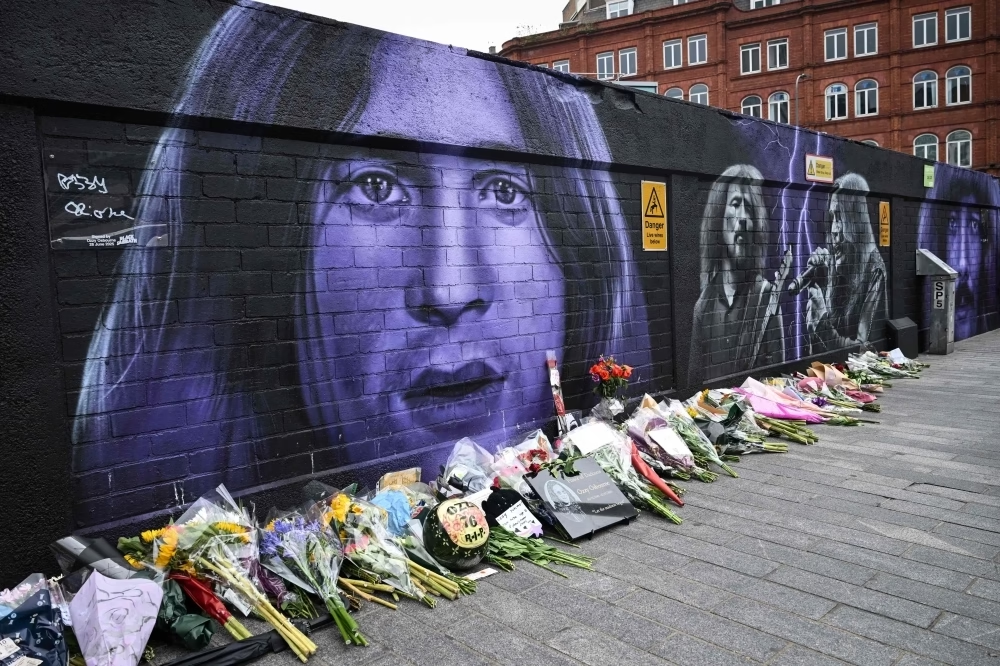Fez — British rock icon Ozzy Osbourne died of a heart attack at age 76, with his death certificate confirming complications from Parkinson’s disease and coronary artery disease as contributing factors.
The certificate, filed in London by his daughter Amiée and obtained by the New York Times, lists “acute myocardial infarction” and “Parkinson’s disease with autonomic dysfunction” as joint causes.
Osbourne, widely known as the frontman of Black Sabbath and a solo artist who defined the heavy metal genre, passed away on July 22.
“He was with his family and surrounded by love,” his family said in a statement. “We ask everyone to respect our family privacy at this time.”
Just weeks before his death, Osbourne appeared onstage at “Back to the Beginning,” a festival in his hometown of Birmingham, England, which marked what was billed as Black Sabbath’s final performance.
News of his passing prompted a global outpouring of tributes. Musicians across generations—including Jack White, Metallica, Rob Zombie, and Elton John—shared memories and expressed admiration for Osbourne’s groundbreaking career.
“He was a dear friend and a huge trailblazer who secured his place in the pantheon of rock gods,” stated.
Osbourne’s health had been declining in recent years. He publicly disclosed his Parkinson’s diagnosis in 2020, and had undergone multiple surgeries for spinal injuries. Yet, his presence onstage remained legendary—commanding attention with his voice and enduring spirit.
Osbourne leaves behind a legacy that transcended music, influencing artists and fans worldwide, including in Morocco, where global rock culture has long maintained a devoted following.
His death marks the end of an era in rock history, but his impact will continue to resonate across cultures and generations.
















